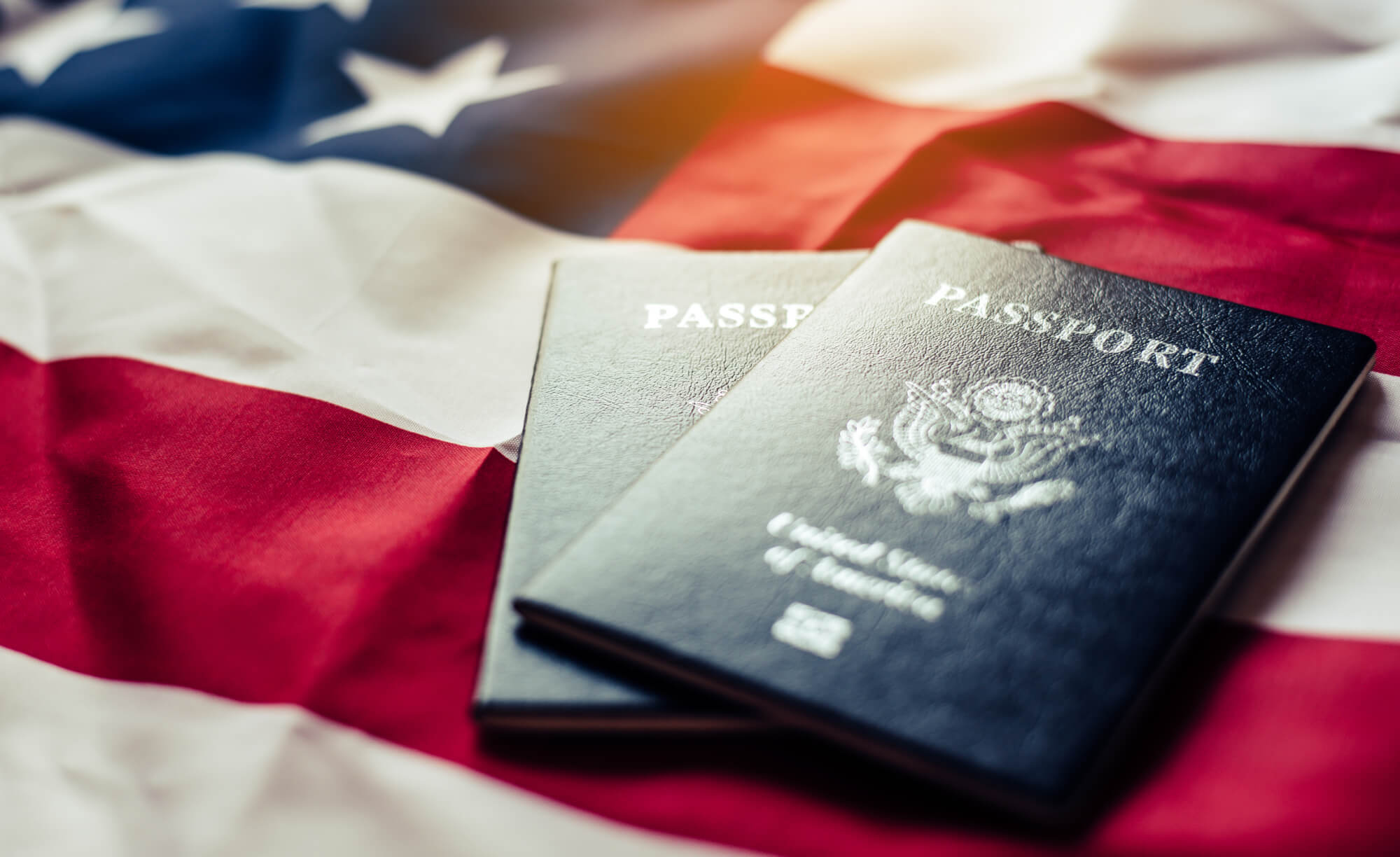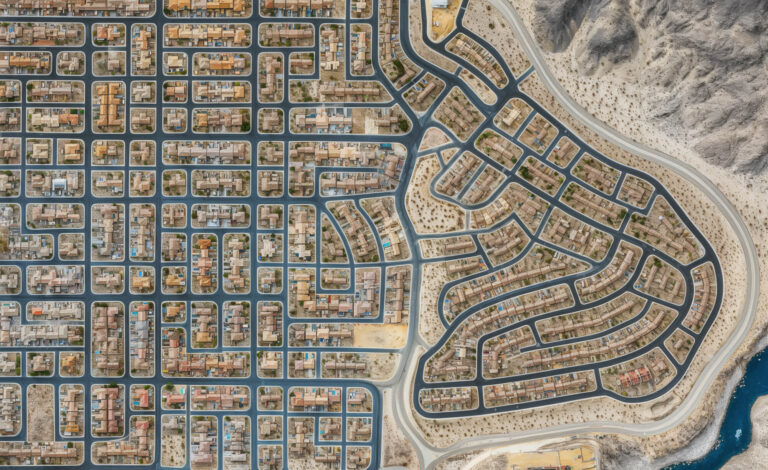Immigration
The Democratic Party has recognized the benefits of diversity and the contributions immigrants
make to American society. The goal should be to promote just policies that reward the
entrepreneurial spirit of immigrants while acknowledging the hardship many have endured due
to repressive regimes and poverty.
To address immigration reform in a more humane and practical manner, we must stop interfering
in the affairs of sovereign nations and agree to work with countries that protect economic and
civil liberties.
We should be the first country to adopt the land value tax shift to lower taxes on labor,
production, and sales so that immigrants can buy and create goods and services.
We should make no laws that favor one group or religion over another and should not base
immigration policies on special interests.
When we choose a side in a conflict, it usually leads to a massive displacement of population
because people are fleeing war zones. We should only intervene to provide humanitarian aid
upon the request of a particular country and only in partnership with other countries.
The best way to reduce poverty, suffering, and terrorism is to stop supporting dictatorships
and end policies that subject people to violence caused by U.S. foreign policies that involve
either occupying a country, acting as the world’s policeman, subsidizing multinational
corporations, or seeking regime change, rather than being for defending our own country.
Otherwise it creates more enemies of the U.S.
Humanitarian aid should be given to non-sectarian Non-governmental Organizations, NGO’s,
that are dedicated to promoting economic and personal liberties. Assistance to NGO’s should
cease once the organizations are assisted through the crisis.
We need to respect the creative and entrepreneurial drive present in all countries. Subject to
reasonable laws and regulations for the safety of third parties, a country should not deny its
members the freedom to house, employ, or otherwise interact with any consenting adult they
wish on their own land. Not being the product of human effort, a nation’s territory is subject to
the same restrictions on ownership as any other natural resource.
Immigrants who arrive to the US should be welcomed if they pose no danger to the general
public provided that they meet certain conditions. We need to determine whether a person
immigrating has a criminal record, is a foreign enemy or a spy, or has a contagious disease.
Promoting personal responsibility and individual freedoms are important components of an
effective immigration policy.
Government welfare should be primarily for refugees and emergency situations. The goal
should be to help immigrants get through the emergency situation. This is consistent with
welfare policies outlined for US citizens. Meanwhile , Non-governmental Organizations should
be encouraged to assist immigrants as they begin the process of helping themselves.
After a specified period of time, immigrants should be eligible for other forms of assistance using
the same criteria used to evaluate citizens applying for such aid.
If the U.S. takes the lead in promoting economic freedom, then products and services will
become readily available which creates more jobs and eases the financial burden on immigrants
and taxpayers. The creation of more jobs means that it should be easier to acquire work visas
while meeting the demands of various sectors experiencing labor shortages due to lack of
qualified workers.
Since the land value tax shift makes products and services cheaper, more jobs can be created
and filled by these immigrants, reducing the need for welfare assistance. As more jobs with
higher wages are created, people should become less fearful of losing jobs to immigrants.
Rebecca Skipper
I wish to thank Dan Sullivan for his insightful contributions to this essay. The author is
responsible for decisions regarding the points included in the essay.
Each policy essay is based on an interpretation of a way to apply the DFC Principles. Except
where indicated by the author’s name, the policy essays are written by representatives of the
Democratic Freedom Caucus.






